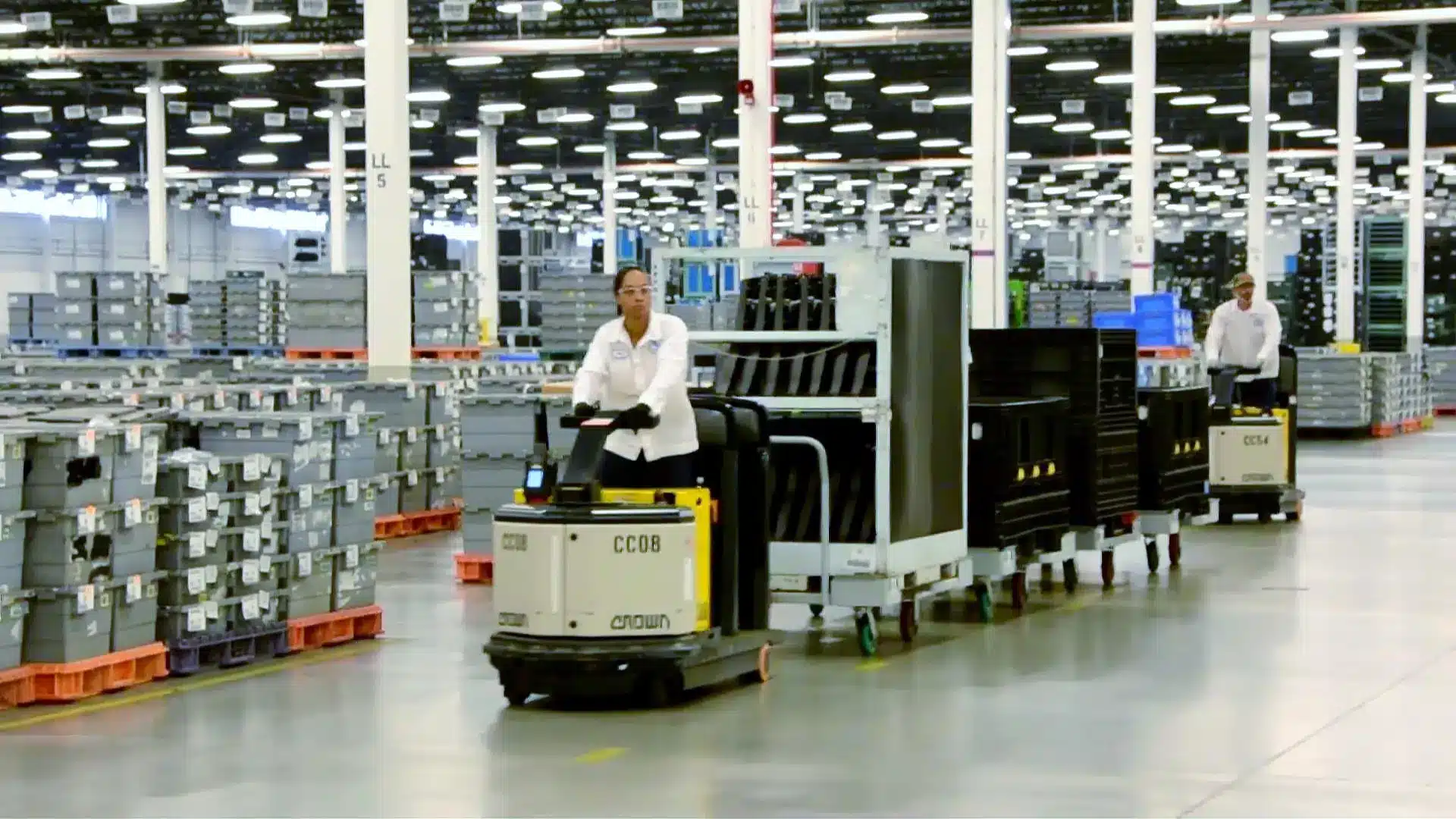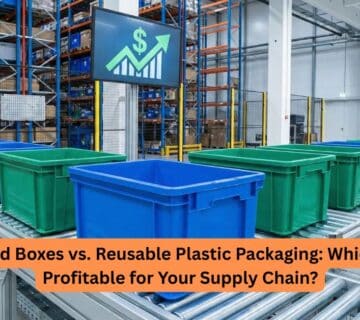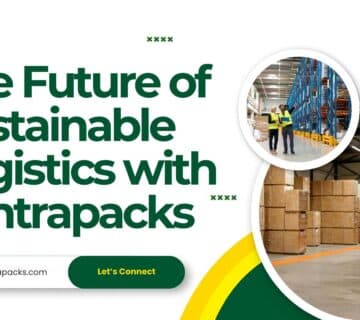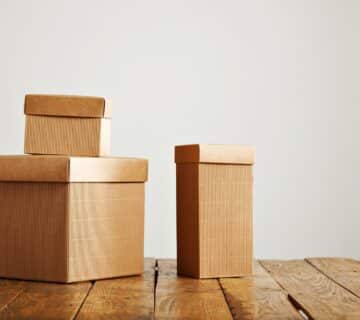RETURNABLE ASSET MANAGEMENT: SOME USE CASES
Returnable asset management (RAM) is a process of managing reusable assets, such as containers, pallets, and racks, throughout their lifecycle. RAM helps companies reduce waste, save costs, and improve sustainability by avoiding single-use packaging and reducing the need for new resources. In this blog post, we will explore some use cases of returnable asset management in various industries.
1. Retail
The retail industry is one of the largest users of returnable assets, such as pallets and totes, for transporting goods from distribution centers to stores. However, managing these assets can be a challenge, as they can get lost, damaged, or stolen. Returnable asset management systems can help retailers track and manage their assets, reducing the need for new purchases and improving supply chain efficiency. For example, Walmart has implemented a returnable asset management system for its plastic pallets, which has resulted in significant cost savings and improved environmental sustainability.
2. Automotive
The automotive industry uses returnable assets for transporting parts and components between suppliers and manufacturing plants. These assets can include containers, pallets, and racks. Returnable asset management systems can help automotive companies track and manage their assets, reducing the need for new purchases and improving supply chain efficiency. For example, BMW has implemented a returnable asset management system for its metal containers, which has resulted in significant cost savings and improved environmental sustainability.
3. Food and Beverage
The food and beverage industry uses returnable assets, such as crates and totes, for transporting goods from farms to processing plants and then to retailers. Managing these assets can be a challenge, as they can get lost, damaged, or contaminated. Returnable asset management systems can help food and beverage companies track and manage their assets, reducing the need for new purchases and improving supply chain efficiency. For example, Coca-Cola has implemented a returnable asset management system for its crates, which has resulted in significant cost savings and improved environmental sustainability.
4. Pharmaceuticals
The pharmaceutical industry uses returnable assets, such as containers and totes, for transporting drugs and medical supplies between manufacturers, distributors, and hospitals. These assets need to be tracked and managed carefully to ensure product integrity and patient safety. Returnable asset management systems can help pharmaceutical companies track and manage their assets, reducing the need for new purchases and improving supply chain efficiency. For example, Johnson & Johnson has implemented a returnable asset management system for its totes, which has resulted in significant cost savings and improved environmental sustainability.
5. Agriculture
The agriculture industry uses returnable assets, such as bins and crates, for transporting crops from farms to processing plants and then to retailers. Managing these assets can be a challenge, as they can get lost, damaged, or contaminated. Returnable asset management systems can help agriculture companies track and manage their assets, reducing the need for new purchases and improving supply chain efficiency. For example, Driscoll’s has implemented a returnable asset management system for its plastic crates, which has resulted in significant cost savings and improved environmental sustainability.
6. Manufacturing
The manufacturing industry uses returnable assets, such as containers and pallets, for transporting raw materials and finished products between suppliers, factories, and distribution centers. These assets can get lost or damaged, leading to supply chain disruptions and additional costs. Returnable asset management systems can help manufacturing companies track and manage their assets, reducing the need for new purchases and improving supply chain efficiency. For example, Ford has implemented a returnable asset management system for its metal racks, which has resulted in significant cost savings and improved environmental sustainability.
7. Chemicals
The chemicals industry uses returnable assets, such as drums and totes, for transporting chemicals and hazardous materials between manufacturers, distributors, and customers. These assets need to be tracked and managed carefully to ensure product integrity and safety. Returnable asset management systems can help chemical companies track and manage their assets, reducing the need for new purchases and improving supply chain efficiency. For example, BASF has implemented a returnable asset management system for its plastic totes, which has resulted in significant cost savings and improved environmental sustainability.
8. Construction
The construction industry uses returnable assets, such as scaffolding and formwork, for building structures and infrastructure. These assets can get lost, damaged, or stolen, leading to additional costs and delays. Returnable asset management systems can help construction companies track and manage their assets, reducing the need for new purchases and improving supply chain efficiency. For example, Hilti has implemented a returnable asset management system for its formwork, which has resulted in significant cost savings and improved environmental sustainability.
9. Logistics
The logistics industry uses returnable assets, such as containers and pallets, for transporting goods between warehouses, ports, and distribution centers. These assets can get lost or damaged, leading to supply chain disruptions and additional costs. Returnable asset management systems can help logistics companies track and manage their assets, reducing the need for new purchases and improving supply chain efficiency. For example, Maersk has implemented a returnable asset management system for its shipping containers, which has resulted in significant cost savings and improved environmental sustainability.
10. Energy
The energy industry uses returnable assets, such as containers and tanks, for transporting oil, gas, and other energy products. These assets need to be tracked and managed carefully to ensure product integrity and safety. Returnable asset management systems can help energy companies track and manage their assets, reducing the need for new purchases and improving supply chain efficiency. For example, Shell has implemented a returnable asset management system for its offshore containers, which has resulted in significant cost savings and improved environmental sustainability.
Yantra Packs Insights: How technology can help you transform your Returnable Asset Operations
Returnable Asset Management through technology makes operations more efficient than ever before. The product enables serialisation of assets with barcodes and RFID tags along with AI powered workflow, so business users can track and manage their returnable assets with unprecedented accuracy and ease. These technologies allow businesses to identify and locate returnable assets in real-time, reducing the risk of loss or theft and ensuring that assets are returned on time.
Our proprietary technology leverages Artificial Intelligence to automate many of the processes involved in returnable asset management. Automated systems monitor the usage and maintenance of returnable assets, generate alerts when assets are due for maintenance or replacement, and even schedule pick-up and delivery of assets. This automation not only saves time and money but also reduces the risk of human error.
Finally, reporting tools and KPI tracking capabilities also makes it easier for businesses to analyze and optimize returnable asset management strategies. With data analytics tools, businesses can track asset utilization rates, identify trends and patterns in asset usage, and make data-driven decisions about when to retire or replace assets. This level of insight allows businesses to make more informed decisions, reduce waste, and improve their bottom line.
Overall, through technology, Yantra Packs has transformed it’s returnable asset operations from a logistical headache into a streamlined and efficient process.
Want to know more? Share your details here and we will get in touch with you.





No comment